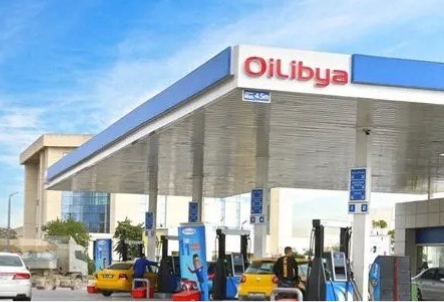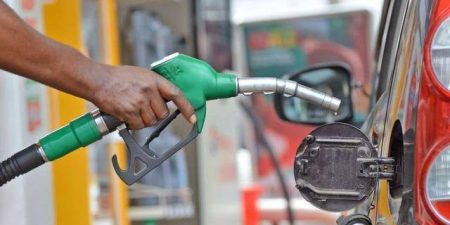 20 April 2014, Accra – As Ghana strives harder to escape the quagmire of oil curse which is the vile menace of oil and gas producing countries in third world countries across the globe, there are already looming signals that Ghana is virtually losing its gravity and battles to the foreign partners in her oil and gas industry.
20 April 2014, Accra – As Ghana strives harder to escape the quagmire of oil curse which is the vile menace of oil and gas producing countries in third world countries across the globe, there are already looming signals that Ghana is virtually losing its gravity and battles to the foreign partners in her oil and gas industry.
This is resulting due to the suicidal and legal goof the country made from the start when oil and gas production licenses were issued to International Oil Companies (IOCs) at the time most of necessary regulatory authorities, legal frameworks and policies that would hold them account were absent.
The regulatory authorities such as Petroleum Commission, and Ghana Gas Company and regulatory frameworks such as the Petroleum Revenue Management Bill, Petroleum Commission Act, and the very belated Local Content Policy, among others, were put in place, a year or more, after commercial production of oil and gas resources commenced in the year 2010.
The first and most crucial battle was lost when Ghana hastily awarded a counterproductive production license under overly generous investment and tax regimes which offer IOCs a good bonanza but offer the country a detrimental value of a peanut — only 13% royalty — for her enormous discoverable oil and gas resources.
Besides, the essence of the active participation by Ghana National Petroleum Corporation (GNPC) in the Joint Operation Agreement with the IOCs is to, among other things, ensure the State exercises effective sovereign control over her oil and gas resources, ensure employment opportunities are created for Ghanaians, and technology transfers is facilitated.
However, current indicators are not showing prospects that GNPC’s 15% participation would yield these outcomes as expected in the long run.
The second battle which is ensuring transparency, accountability and prudent management of oil revenue, transactions and prudent application of proceeds is showing modest and uninspiring outlooks.
The GNPC has been too slow in accounting or informing the Ghanaian publics on the number of barrels of oil produced per day and number of exploration and production licenses issued to IOCs so far.
Besides, since 2010, about 5years down the oil production timeline, it is not clear how much oil revenue has impacted on Ghana’s economy as external borrowings have not minimized and the economic conundrums have not undergone significant economic and structural transformation and human development.
– Hakeem Adamu Tahiru, The Chronicle



